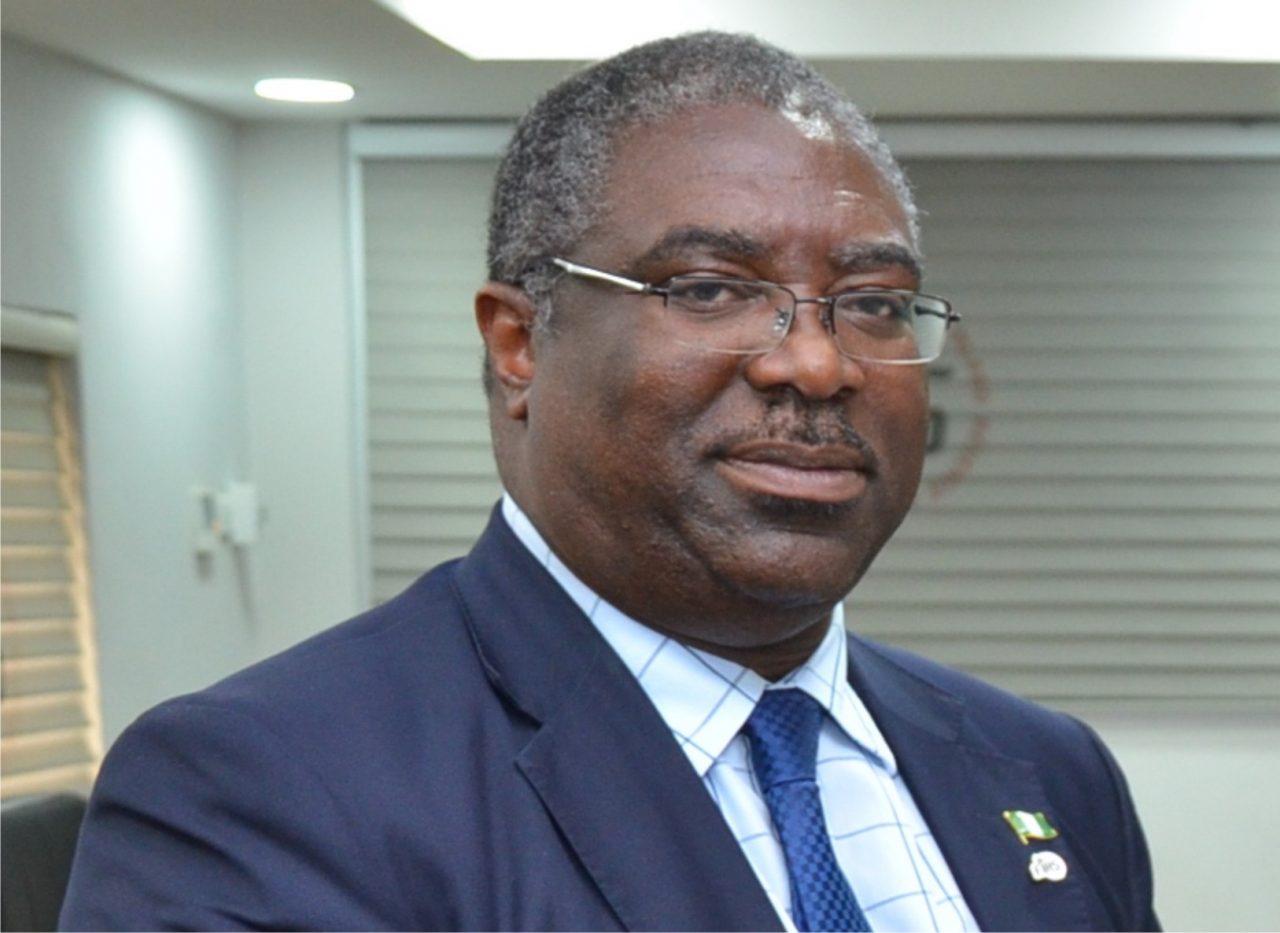Babatunde Fowler, the Chairman of the Federal Inland Revenue Service (FIRS), has replied the presidential query on the reasons for revenue shortfall from tax collections.
Fowler blamed the drop in the price of crude oil and recession for the poor tax collections from 2015 to 2018.
The Chief of Staff to President Muhammadu Buhari, Mr Abba Kyari had in a letter dated August 8, 2019, which he personally signed, asked Fowler to explain reasons for ‘significant’ variances in budgeted collections and actual collections of tax in 2015, 2016, 2017 and 2018, when the actual amount collected as tax fell below the budgeted target.
Fowler was given Monday, August 19, as deadline to respond to the query.
Responding through a letter entitled ‘Re: Budgeted FIRS collections and actual collections’, which was dated Monday August 19, 2019, Fowler explained that the variance in the budgeted and actual revenue performance from 2016 to 2018 was due to fall in price of crude oil and reduction of crude oil production.
According to Fowler, “the Nigerian economy also went into recession in the second quarter of 2016 which slowed down general economic activities.
READ ALSO: Omo -Agege condems attack on Ekweremadu in Germany
He added, “Tax revenue collection (CIT and VAT) being a function of economic activities was negatively affected but actual collection of CIT and VAT was still higher in 2016 to 2018 than in 2012 to 2014.”
He said in 2012, 2013 and 2014, GDP grew by 4.3 per cent, 5.4 per cent and 6.3 per cent while in 2015, 2016 and 2017, there was a decline in growth to 2.7 per cent, -1.6 per cent and 1.9 per cent respectively.
Noting that tax revenue grew as the economy recovered in the second quarter of 2017, Fowler said strategies and initiatives adopted in the collection of VAT from 2015 to 2017 led to approximately 40 per cent increase over 2012 to 2014 collections.
He said the FIRS had grown the non-oil tax collection by over N1.31tn (21 per cent) when the total non-oil tax collection for 2016 – 2018 is compared to 2012 – 2014.
“Your letter stated that actual collections for a three-year period were significantly worse than what was collected between 2012 and 2014,” the letter read.
“Total actual collection for that period was N14.53tn while total actual collection between 2016 and 2018 was N12.66tn.
“The highlight of these collection figures was that during the period 2012 to 2014, out of the N14.53tn, oil revenue accounted for N8.32tn or 57.28 per cent while non-oil accounted for N6.21tn or 42.72 per cent and during the later period of 2016 to 2018 out of the N12.66tn, oil revenue accounted for N5.15tn or 40.65 per cent and non-oil revenue accounted for N7.51tn or 59.35 per cent.”
He added that the total budget collection figure during 2012 to 2014 stood at N12.19tn compared to N16.77tn for the period 2016 to 2018, representing an increase of 37.58 per cent.
Fowler also pointed out that the various types of non-oil tax, including stamp duty, capital gains tax, personal income tax, education tax, NITDEF, VAT (non-import and import), gas income, and CIT had increased during his tenure.

